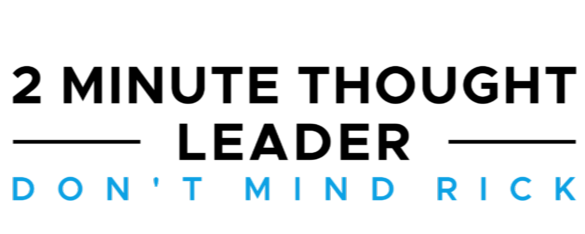The Paradox of Intelligence

Have you ever wondered why some of the most intelligent people you know seem to find themselves in a pickle more often than not? It’s a curious phenomenon. One might assume that their intellectual prowess would steer them clear of trouble. Yet, reality often paints a different picture.
The Paradox
The paradox lies in the belief that being smart equates to being invincible. It’s a common misconception that intelligence is a shield against all forms of trouble. But let’s pause for a moment and ask ourselves, “Is this the case?”
Intelligence, undoubtedly, is a powerful tool. It can help us solve complex problems, make informed decisions, and navigate the world easily. However, it can also lead us into a trap of overconfidence. Smart people often believe they are smart enough to avoid trouble, which can close their eyes to potential pitfalls.
The Pitfall of Overconfidence
Overconfidence precedes carelessness
Toba Beta
Overconfidence can be a tricky beast. It can lead us to underestimate risks and overestimate our abilities. When we believe we’re smart enough to avoid trouble, we might skip the due diligence, ignore the warning signs, and plunge headfirst into risky situations.
Remember the tale of Icarus? His overconfidence led him to fly too close to the sun, ignoring his father’s warnings, to neither fly too high nor too close to the sea, disregarding the dangers in both. His downfall was not just about flying too high but also about not maintaining a balanced path. Overconfidence, like Icarus’ disregard for balance, can lead us astray when faced with the harsh realities of life.
The Power of Humility
Humility is not thinking less of yourself, it’s thinking of yourself less.
C.S. Lewis
So, what’s the antidote to this overconfidence? It’s humility. Humility is not about downplaying our intelligence or abilities. Instead, it’s about acknowledging that we don’t have all the answers and that it’s okay to ask for help. It’s about understanding that being smart doesn’t make us immune to mistakes.
Humility allows us to approach situations with an open mind, ready to learn and adapt. It encourages us to listen to others’ perspectives, consider potential risks, and make well-informed decisions. The safety net catches us when our overconfidence threatens to send us spiralling.
Embrace the Learning Curve
Anyone who stops learning is old, whether at twenty or eighty. Anyone who keeps learning stays young.
Henry Ford
So, if you’re one of those smart people who often find themselves in trouble (I am sure you are not, you are reading all my articles ;)), take a moment to reflect. Are you falling into the trap of overconfidence? Are you ignoring the warning signs because you believe you’re smart enough to avoid trouble?
Remember, it’s not your intelligence that’s the problem. It’s the belief that your intelligence makes you invincible. So, embrace humility. Embrace the learning curve. And most importantly, remember that it’s okay to ask for help. After all, even the smartest people don’t have all the answers.
In the end, it’s not about avoiding trouble altogether. It’s about learning, growing, and improving with each stumble and fall. Because that’s what being truly smart is all about.
Explore More
If you enjoyed this and want to dive deeper into the topic, here are some additional resources you might find interesting:
- 📚Win in the Locker Room First by Jon Gordon. The book goes through seven powerful principles that any organization can adopt to revitalize their culture. It provides a practical framework, based on the world of sports, for leaders to build a thriving organization, improve teamwork, execute at a higher level, and avoid common pitfalls.
- 📚Think Again by Adam Grant. I would recommend all books by Adam Grant, though this one emphasizes the importance of rethinking and unlearning in a rapidly changing world. It encourages readers to question their opinions, open their minds to new ideas, and embrace the discomfort of doubt, fostering a culture of lifelong learning and intellectual flexibility.
- 🎥 The First 20 hours – Josh Kaufman TEDxCSU. Josh Kaufman challenges the notion that it takes 10,000 hours to master a new skill, proposing instead that you can learn any new skill to a satisfactory level with just 20 hours of focused, deliberate practice.
